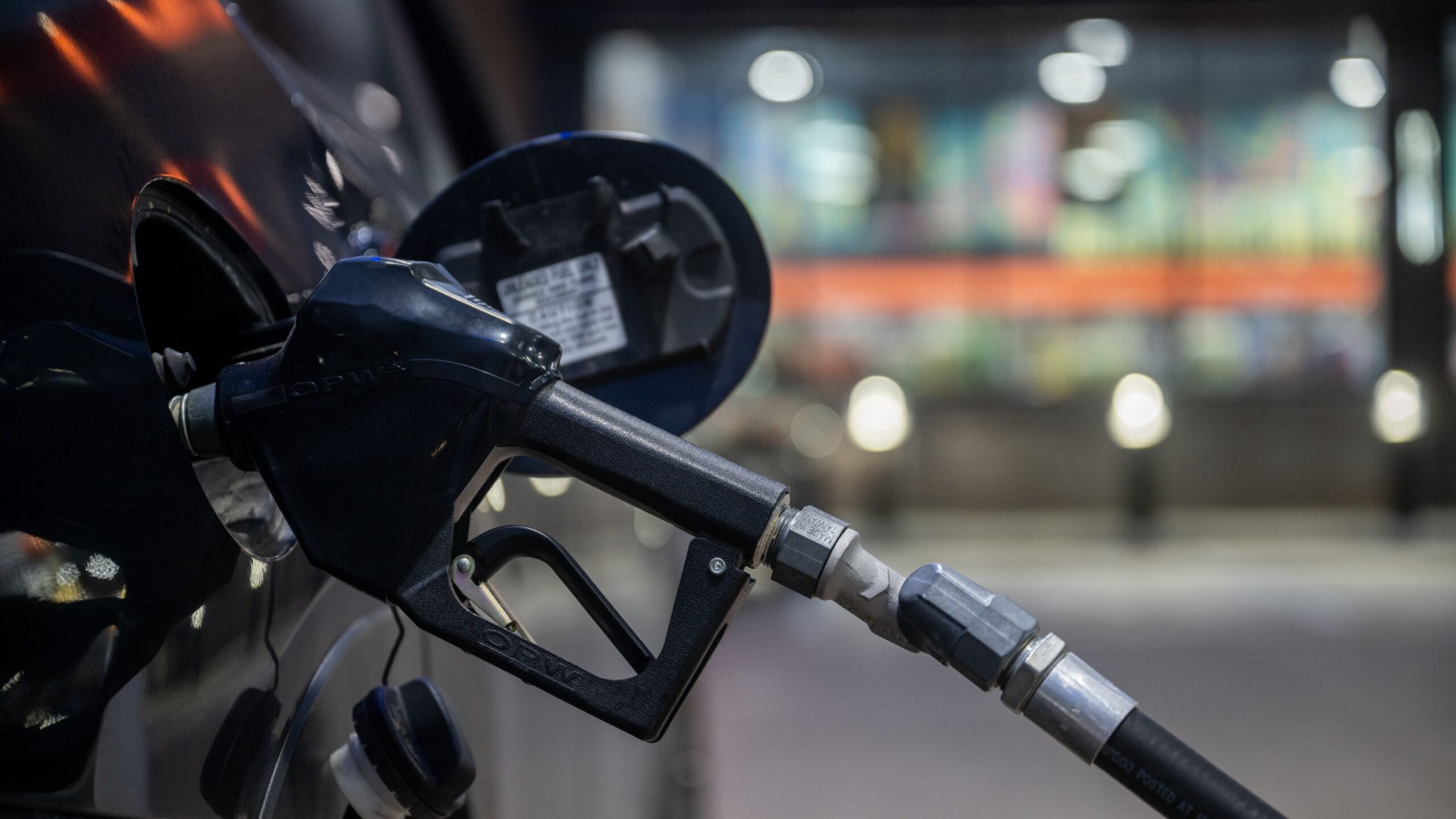

Maybe you don’t want to say it out loud because you think you’re the only one. Maybe you have said it out loud and felt a little weird. Maybe you say it all the time and everyone just figures it’s the reason you can’t hold down a job. Maybe I’ve gone too far.
Whatever the case may be, maybe you just like the smell of gas. I’d fall into that camp, especially race gas. However, saying you like the smell of gas out loud sounds a little like you enjoy licking paint or eating glue—we tend to keep those things to ourselves. But why some of us like the smell of gas and some of us don’t is somewhat of a mystery.
There are two main theories, one physiological and one psychological. The first is an extension of the Proust phenomenon that has roots in cognitive behavior psychology—with a little anatomy mixed in. The phenomenon, which was named after the French writer Marcel Proust, explains why we like the smell of vanilla or lemons or pine (so much so, that realtors artificially pump in the scent sometimes), or why the smell of fresh-cut grass reminds us of little league. According to University of Liverpool researchers, our olfactory system is close enough to the parts of our brain that process emotion and memory (amygdala and hippocampus) that smells can more easily trigger emotions based purely on proximity to our frontal cortex. TL;DR? Your smeller is so close to your thinker that smells trigger emotions quicker than just about anything else. As it relates to gas, we may associate good drives or great rides with the smell of gas thanks to our brains’ cozy confines with our noses.
The second theory is more physiological and a lot scarier. The idea here is that the small traces of benzene in gas numb our mesolimbic system, giving us a temporary euphoric feeling and associating the smell of gas with the feeling of bliss. We may not actually like the smell of gas, but we associated what it does to our brains with happiness. It could be why the same people like the smell of gas like the smell of paint, tennis balls, or nail polish. Benzene constitutes only a very small portion of gasoline, less than 1%, but our sniffers can pick up hydrocarbons at 60 parts per million in the air. (One part per million is equivalent to one drop of liquid in 10 gallons of water.) It would explain why I like the smell of race gas more: it has a higher benzene content than road gas.
Benzene is nasty, nasty stuff, though. The National Institute of Health describes what happens when we’re exposed to too many inhalants like benzene, which is a volatile solvent, and its ability to cause “impairments in short-term memory, attention, response inhibition, and problem-solving,” with long-lasting effects “due to solvent-induced loss of white matter volume throughout the brain … with a particularly high level of white matter abnormalities found in the frontal and temporal lobes … regions that are critical mediators of higher-order cognitive tasks.” The short of the long: Benzene and other toxic solvents can make us stupid because they eat our brains away.
Good memories are good. Huffing gas can zombify our brains with benzene and that’s bad. So enjoy the trip down memory lane at the gas station next time if you want, but don’t linger too long.
Got a tip? Send it in to tips@thedrive.com